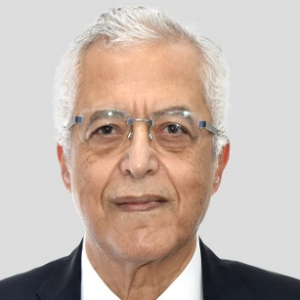Unipolar Brush Cells
Unipolar Brush Cells (UBCs) are specialized neurons found primarily in the granular layer of the cerebellum, a region of the brain associated with motor control and coordination. UBCs exhibit unique morphological and physiological characteristics that distinguish them from other cerebellar neurons. Unipolar brush cells have a single, elongated process called the dendrite, which extends horizontally across the cerebellar cortex. This dendrite is covered with numerous microvilli, forming a distinctive brush-like structure. The microvilli greatly increase the surface area of the dendrite, suggesting a role in sensory information processing. Although the exact function of unipolar brush cells is not fully understood, research suggests they may play a role in processing sensory input related to tactile, proprioceptive, or vestibular information. Their extensive connectivity within the cerebellar cortex suggests involvement in the integration of various sensory inputs. Studies on unipolar brush cells have increased interest in their potential roles in motor control, sensory processing, and cerebellar function. Understanding their specific contributions to neural circuits may provide insights into the broader mechanisms of sensory-motor integration and coordination. While unipolar brush cells were initially identified in the cerebellum, recent research has also reported their presence in other brain regions, suggesting a broader distribution and potential involvement in additional neural circuits beyond the cerebellum. Continued investigation into the properties and functions of unipolar brush cells contributes to our understanding of neural circuits and cerebellar processing in both health and disease.

Nagy Habib
Imperial College London, United Kingdom
Lucie Bacakova
Institute of Physiology of the Czech Academy of Sciences, Czech Republic



Title : AI-integrated high-throughput tissue-chip for space-based biomanufacturing applications
Kunal Mitra, Florida Tech, United States
Title : Stem cell technologies to integrate biodesign related tissue engineering within the frame of cell based regenerative medicine: towards the preventive therapeutic and rehabilitative resources and benefits
Sergey Suchkov, N.D. Zelinskii Institute for Organic Chemistry of the Russian Academy of Sciences, Russian Federation
Title : In vitro evaluation of lyophilized Dedifferentiated Fat cells (DFAT) impregnated artificial dermis
Kazutaka Soejima, Nihon University, School of Medicine, Japan
Title :
Nagy Habib, Imperial College London, United Kingdom
Title :
Alexander Seifalian, Nanotechnology & Regenerative Medicine Commercialisation Centre, United Kingdom
Title : The regenerative medicine of the future
Marco Polettini, DVM, Italy